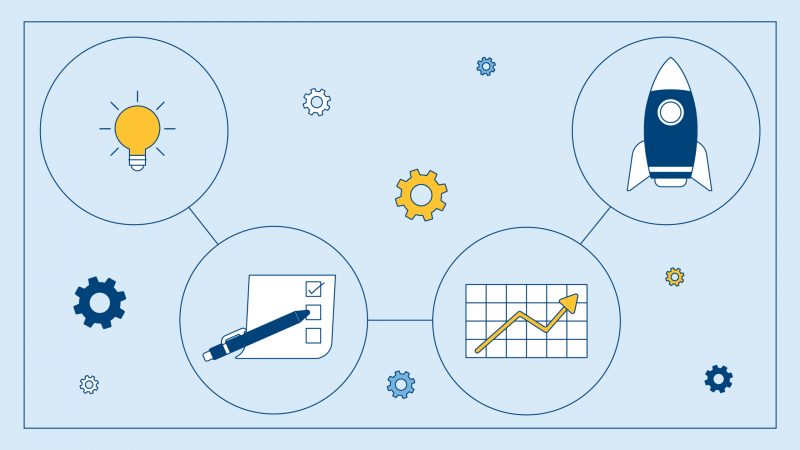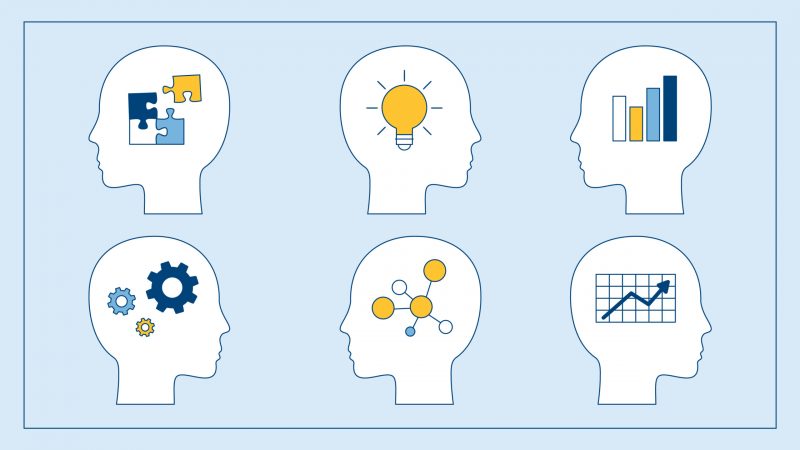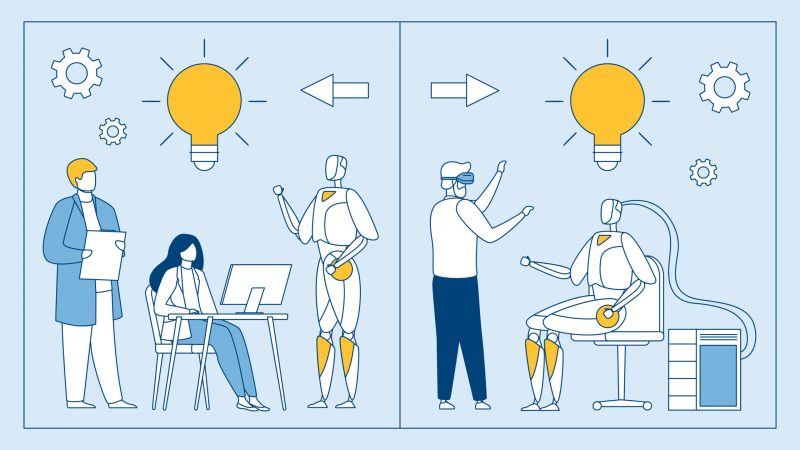Embarking on an entrepreneurial journey? One of your earliest, and most crucial, strategic decisions will be your target audience: Are you building for other businesses (B2B) or directly for individual consumers (B2C)? While both paths demand innovation and drive, the strategic playbooks, relationship dynamics, and daily challenges are fundamentally different. Understanding these distinctions isn’t just helpful – it’s key to plotting your course to success.
Target Audience & Customer Relationships
The most obvious difference between B2B and B2C entrepreneurship lies in their target audiences. B2B startups sell products or services to other businesses (e.g., enterprise software or consulting for corporations), while B2C startups sell directly to individual consumers (e.g., a new direct-to-consumer clothing brand or a mobile app).
In B2B, relationships matter deeply. Sales cycles are typically longer, and a group of stakeholders often makes decisions within the client organization. Trust, credibility, and long-term value are crucial. Entrepreneurs in this space must focus on building strong, consultative relationships. Networking, referrals, and industry connections play a big role in winning and keeping clients.
In contrast, B2C entrepreneurs market to individuals who often make faster purchasing decisions. The relationship is more transactional. While brand loyalty is still important, B2C purchasing decisions are often driven by emotion, convenience, or price. As a result, B2C marketing is heavily focused on branding, user experience, and mass appeal.
Sales and Marketing Approaches
B2B entrepreneurs typically rely on relationship-driven sales strategies: direct sales teams, account managers, and personalized outreach are common (think enterprise software demos or B2B SaaS sales). Marketing is often educational and value-driven, focusing on ROI, efficiency, or competitive advantages. Channels like LinkedIn, email marketing, industry expos, and webinars are particularly effective.
B2C marketing, on the other hand, is more visual, emotional, and trend-based. Entrepreneurs in this space often rely on social media, content marketing, influencer partnerships, SEO, and online advertising (like Instagram ads for a beauty product or viral TikTok campaigns). The goal is to capture attention and convert quickly, often through compelling storytelling or limited-time offers.
Pricing and Sales Volume
In B2B, sales typically involve higher price points and lower volume. A single contract could be worth thousands or even millions of dollars, but deals may take months to close. Because of this, B2B entrepreneurs often focus on fewer customers with high lifetime value.
B2C entrepreneurship usually involves lower prices but a much higher volume of transactions. Whether selling physical products, digital goods, or subscriptions, success often depends on scaling customer acquisition efficiently (e.g., selling thousands of consumer gadgets online). Entrepreneurs must think in terms of user growth, conversions, and retention.
Product Development and Customization
B2B products are often tailored to meet the specific needs of different industries or companies. Entrepreneurs may need to build in customization options, integration capabilities, or robust support services for each partner (e.g., a custom CRM integration for a large client). This makes product development more complicated, but also opens the door for iterations based on specific client feedback.
B2C products are generally standardized and designed for ease of use at scale. User experience is critical. Products should be intuitive, attractive, and ready “out of the box” (e.g., a popular mobile app or a consumer electronics device). Feedback loops are also faster in B2C (through reviews and direct engagement), which can help entrepreneurs pivot quickly based on customer behavior.
Risk and Reward
B2B startups often enjoy more stability once clients are secured. Contracts are typically longer-term, offering more predictable revenue and a deeper client relationship once established. However, getting to that point can require significant upfront effort and capital.
B2C businesses can scale rapidly if a product goes viral or gains widespread popularity, but they also face more volatility. Customer preferences shift quickly, and competition is fierce. Entrepreneurs must be prepared to pivot and adapt at a faster pace.
Finding What Works for You
People sometimes think that B2C ventures are more likely to fail, but that shouldn’t discourage you. The consumer market is tough, but it also offers massive potential for innovation, scale, and creativity. Many of the world’s most iconic brands started with a simple idea and a lot of persistence.
Understanding the core differences between these two pathways allows entrepreneurs to better plan their strategy, build the right team, and choose the tools and tactics that match their business model. Ultimately, success lies in knowing your audience and delivering value in the way they need it most.
In the end, whether you choose B2B or B2C depends on the product you believe in and the kind of brand you want to build. Whichever path you take, staying focused, learning from failure, and showing up consistently are what truly move you forward.





